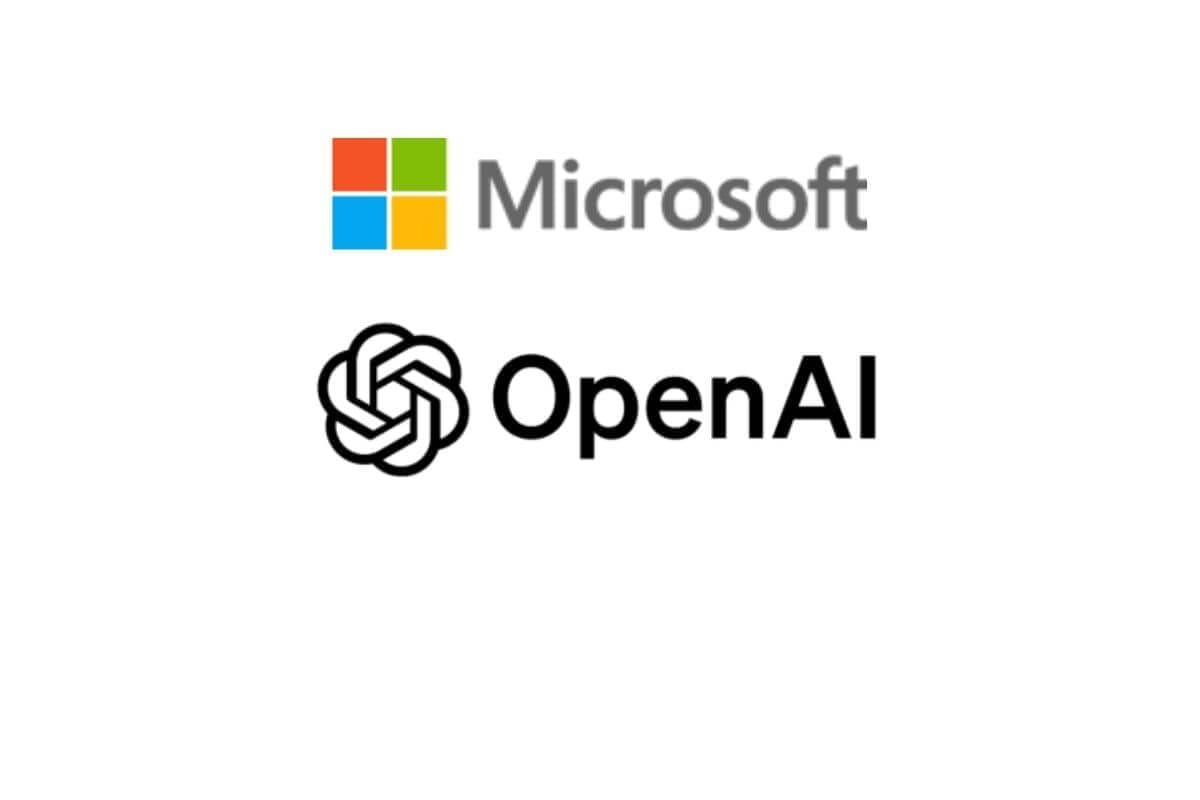
OpenAI is reportedly aiming to reach 1 billion users by 2025 as it rolls out new artificial intelligence products (AI), builds its own data centres, and strengthens its crucial partnership with Apple to drive its next phase of growth. The AI-powered ChatGPT chatbot has acquired 250 million weekly active users since its launch and plans to expand further by launching AI "agents", a proprietary AI-powered search engine, and deeper ChatGPT's integration with Apple devices.
Also Read: Orange Partners With OpenAI and Meta to Expand AI Models for African Regional Languages
OpenAI's Recent Funding
"We will be coming into our own as a research lab serving millions and hoping it can be billions of consumers around the world," Financial Times quoted Sarah Friar, OpenAI's chief financial officer, as saying.
In October, the company raised over USD 6 billion in funding at a valuation of USD 150 billion, making it the highest-valued startup in Silicon Valley's history. Friar said OpenAI plans to continue raising "more money"—both equity and debt—to fuel its growth, which includes building data centres in the US Midwest and Southwest.
"We put ten billion of liquidity on the balance sheet. So that was my way of saying, hey, I'm going to get stuff done too," she reportedly said, adding "We're in a massive growth phase, it behoves us to keep investing. We need to be on the frontier on the model front. That is expensive."
Also Read: OpenAI Raises USD 6.6 Billion to Accelerate AI Research and Expansion
Building the Infrastructure for AI
To achieve its expansion goals, OpenAI plans to invest in building clusters of data centres in parts of the US midwest and southwest, according to Chris Lehane, OpenAI's new policy chief.
According to the report, this move to develop its own AI infrastructure follows strategies employed by major tech companies such as Google and Amazon. Lehane highlighted that "chips, data, and energy" are the essential resources for winning the AI race.
OpenAI has onboarded its first financial and product leaders, expanded its workforce fivefold to over 2,000 people, and triggered a complex transition from a non-profit to a for-profit business model, the report further added.
The company is spending over USD 5 billion a year, and "not close to breaking even" due to the costs related to building AI models, according to people with knowledge of the group's finances.
"The last couple of years, we have had a really big inflection point in the quality of intelligence that can now be made into products that are actually useful for people," the report quoted Srinivas Narayanan, Vice-President of Engineering at OpenAI, who joined last year from Meta. "That's why I'm here," he added.
Also Read: OpenAI Partners with Hearst for Expanded AI Content Integration
Key Focus for 2025
OpenAI's key focus for 2025 includes launching "AI agents" — advanced chatbot-like assistants capable of performing a variety of tasks, from booking services to gathering information or making purchases. Friar said 2025 could see the first highly successful agents helping users with everyday needs.
"Agentic has got to be the word of the year. It could be a researcher, a helpful assistant for everyday people, working moms like me. In 2025 we will see the first very successful agents deployed that help people in their day-to-day," the report quoted Friar as saying.
Integration with Apple
Integration with Apple devices, which began in the US last month, is expected to significantly drive user growth. According to the report, one of OpenAI's major venture capital investors said the company could quickly reach its goal of 1 billion users by leveraging Apple's global base of 2 billion iPhones.
"OpenAI already at a few hundred million active users today without spending on marketing," the investor noted, according to the report. "Apple has 2 billion iPhones globally and want to push a new AI phone. The path to getting 1 billion users with ChatGPT in their pocket is not that farfetched. If you get to that threshold, you're competing with Google and Facebook."
Also Read: OpenAI Enhances ChatGPT with Integrated Web Search Feature
Politically Charged Environment
According to the report, OpenAI's expansion comes amidst a politically charged environment. Chris Lehane, the company's policy chief and a seasoned political strategist, is working with US policymakers to position OpenAI as a leader in "democratic" AI, aiming to counter China's technological advancements.
Lehane revealed that OpenAI has been engaging with the incoming Trump administration to discuss AI's importance for national security and economic competitiveness.
Despite ongoing tensions with former co-founder Elon Musk, including a lawsuit where Musk alleges deception by OpenAI, Lehane emphasised the company's alignment with federal priorities for AI leadership.















